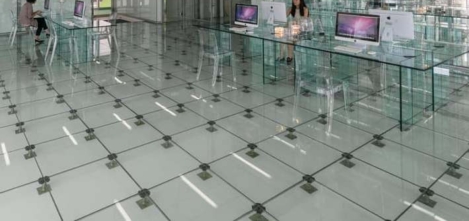June 28, 2016
Countries aware of but not harnessing full potential of older workers 0
 The idea of a fixed retirement age looks increasingly distant in countries around the world and perhaps none more so than the US. According to a study from the Pew Research Center, based on data from the federal Bureau of Labor Statistics, more US over 65s are working than at any time covered in the analysis, and they are working longer hours. As of May, nearly a fifth (18.8 percent) of over 65s worked full or part time, up from 12.8 percent in 2000. Intriguingly, the study also shows that this represents a significant greying of the workplace as in the overall population, 59.9 percent of Americans are currently in jobs, down from 64.4 percent in 2000. The same pattern is evident even in workers significantly older than 65. Even the over 75s are working at higher rates than they did before the 2008 recession, the only age groups about which that can be said, according to Pew, emphasising the fact that the workplace is getting older rather than younger as is commonly assumed.
The idea of a fixed retirement age looks increasingly distant in countries around the world and perhaps none more so than the US. According to a study from the Pew Research Center, based on data from the federal Bureau of Labor Statistics, more US over 65s are working than at any time covered in the analysis, and they are working longer hours. As of May, nearly a fifth (18.8 percent) of over 65s worked full or part time, up from 12.8 percent in 2000. Intriguingly, the study also shows that this represents a significant greying of the workplace as in the overall population, 59.9 percent of Americans are currently in jobs, down from 64.4 percent in 2000. The same pattern is evident even in workers significantly older than 65. Even the over 75s are working at higher rates than they did before the 2008 recession, the only age groups about which that can be said, according to Pew, emphasising the fact that the workplace is getting older rather than younger as is commonly assumed.




































June 24, 2016
Property and workplace experts have their say on the Brexit outcome 0
by Mark Eltringham • Architecture, Comment, Facilities management, Property, Workplace, Workplace design
(more…)